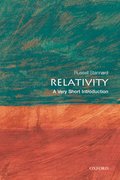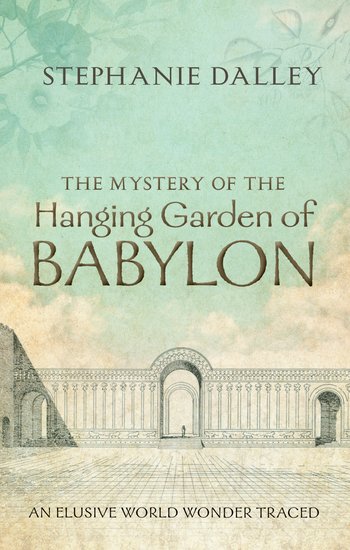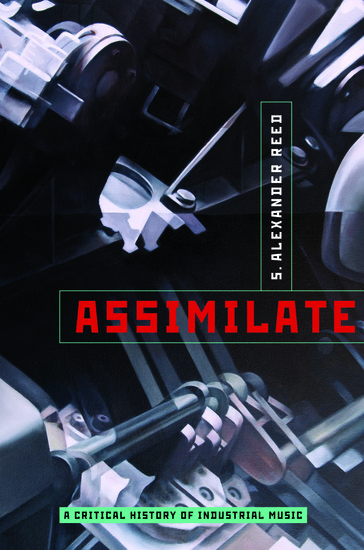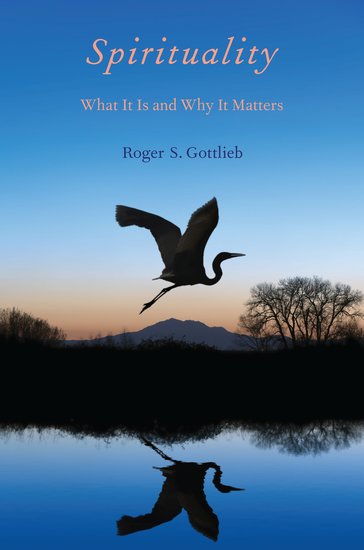Does Elton John have a private life?
Raymond Wacks
Do celebrities forfeit their right to privacy? Pop stars, stars of screen, radio, television, sport and the catwalk—are regarded as fair game by the paparazzi. Members of the British Royal family, most conspicuously, and tragically, the Princess of Wales have long been preyed upon by the media. More recently, photographs of the Duchess of Cambridge, taken surreptitiously while she was sunbathing at a private villa in Provence, were published online.









